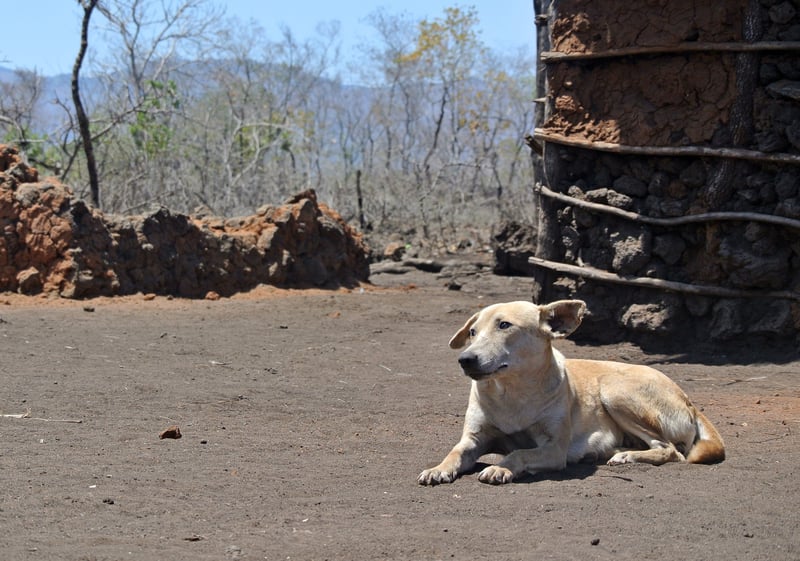
The lives of millions of dogs are set to change for the better
News
The goal has been agreed. The scene has been set. By 2030, rabies will be consigned to the history books without the use of cruel culling.
A couple of weeks ago, some key global players held a conference in Geneva with government officials to discuss the best way to reach this goal. And our campaign director, Beryl Mutonono-Watkiss, and CEO, Steve McIvor, were there to make sure that the inhumane culling of dogs did not feature as an option.
World Health Organization (WHO), World Organization for Animal Health (OIE) and the Food and Agriculture Organization of the United Nations (FAO) organized the conference and their strategy is to implement three actions to eliminate rabies. One – to make sure people receive the right treatment after a dog bite. Two – to make rabies vaccines more affordable. And finally three - to vaccinate dogs against rabies en masse.
Eliminating rabies means protecting dogs
This is the biggest step forward towards stopping inhumane dog culling for good, so we are delighted that WHO, OIE and FAO have taken it. We now know these organisations are on our side. And they have a huge influence on governments all around the world. Millions of dogs will be saved from rabies, and the threat of being killed in its name.
Government officials from Bangladesh, China and Zanzibar that we have previously worked with were also at the conference, and championed our approach to eliminating rabies. We have run dog vaccination programs in each of these countries and they are living proof that our approach to rabies elimination really does work. No human deaths from rabies have been reported in our pilot sites in China. And no deaths have been reported island-wide in Zanzibar. Bangladesh is well on its way to achieving this goal too.
However, the buck doesn’t stop there. There’s still more to do. We want to see humane dog population management in place as part of rabies elimination strategies.
Better lives for dogs
Dogs in the developing world have short lives. If someone’s dog passes away, they may bring in a new unvaccinated dog from another area, or they’ll breed a litter of puppies who may not get vaccinated against rabies. This means an area’s dog population is threatened by the disease once again. That’s why it’s imperative that 70% of dogs in an area are vaccinated against rabies and that they are well cared for, so they live long, happy, healthy lives.
Vaccinating dogs against rabies is just one step towards achieving better lives for dogs around the world. Governments must also start to put humane dog population management policies in place for the lifelong protection of dogs in their countries. This will make sure rabies stays stamped out for good.
This commitment from these global organizations is a massive milestone in our fight for better lives for dogs. But we still need to keep on working to make sure dogs get the lives they deserve.
You can join our mission to protect dogs and eliminate rabies by spreading awareness within your community.